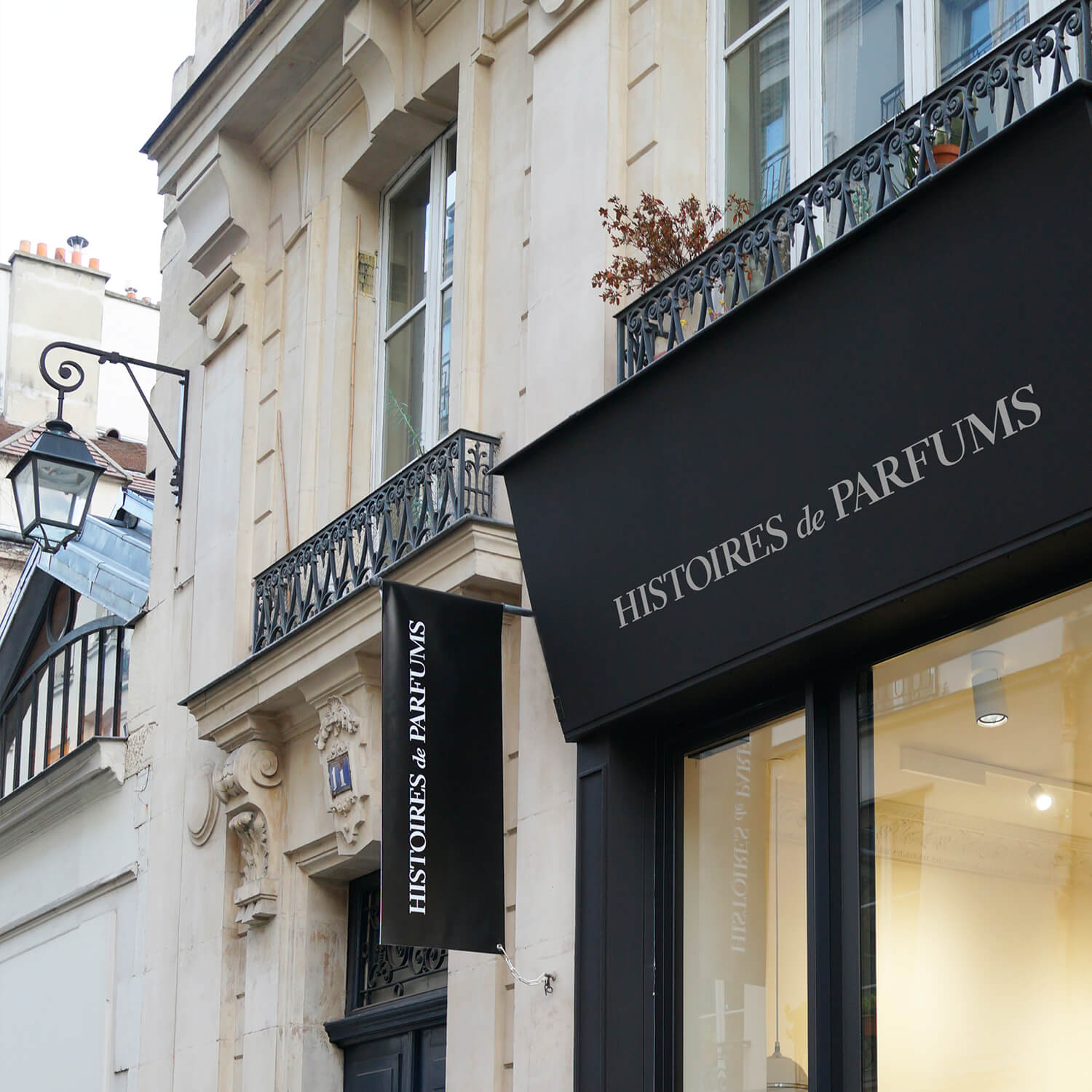December 1st 1600: Creation of the British Company in the West Indies

The genesis
The Portuguese, who were the first to settle in the East Indies, will also create the very first trade routes leading to Europe. Their domination will last well throughout the 16thcentury. But due to the lack of human and financial means they will eventually lose the monopoly against the Dutch who embarked on the adventure at the end of the 16thcentury and founded in 1602 the United Company of the East Indies, the V.O.VC. (Vereenigde Oostindische Compagnie).
Conscious of the enormous profits produced by the Portuguese and the Dutch, the English wanted to take their share of this trade with the Indies. On December 31st1600, they obtained a letter patent from the Queen authorizing the creation of an East India Company for a period of fifteen years. This letter gave the company a commercial monopoly for all areas beyond the Cape of Good Hope.
The rise and the apogee
The British will engage in fierce competition with the Dutch to control the East Indian trade.
In Indonesia when the Dutch are already established the English founded their first counters, but after a few years it was the debacle and in 1619 they will be forced to leave Indonesia for India.
In India, the English will supplant the Dutch and establish very good relations with the Mongols who reign then on the continent. A success that can be explained by the know-how and the nature of the English agents; unlike the Dutch before being sailors they are first and foremost tradesmen emeritus. They will meet the same success in China, forcing the Dutch to focus only on Indonesia and Japan.
The British company had its own army. A victorious army throughout the 18thcentury against local authorities that it will finally federalize. Thanks to this process, the British East India Company imposes its commercial monopoly over vast areas. At its peak, it reigns over most of India, Hong Kong, Bengal, Burma, and Singapore.
The End of the Company
In all the territories it controls, the Company must directly or indirectly administer approximately 250 million people, which is far beyond its capacity. Other factors such as famine and local wars undermine its functioning until the irrevocable impact of the accounts.
The monopoly that was granted is also very controversial in England. So much that in 1813, under the pressure of others British companies, King George IIIput an end to the commercial monopole of the company.
Gradually, it is the English Parliament that will take over management and finally vote on August 2nd1858, dissolution applicable on September 1stof the same year. The Company will then die slowly, completed by the official degree of January 1st1874.


Leave a comment
This site is protected by hCaptcha and the hCaptcha Privacy Policy and Terms of Service apply.